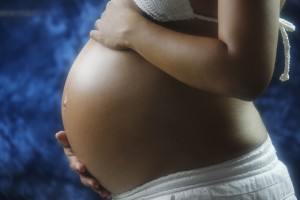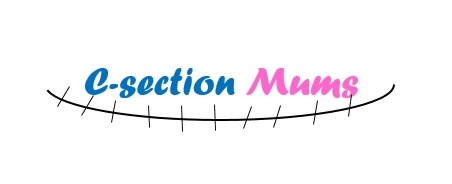A study of 6,500 pregnant women, the results of which have been published by Taylor & Francis in the Journal of Psychosomatic Obstetrics & Gynecology, has highlighted the need for the right support, advice and accurate communication of risks and benefits for women who request a C-section for non medical reasons.
The results of the study, carried out by Dr Elsa-Lena Ryding from the Karolinska Institutet, Stockholm, Sweden and colleagues, show women who have a fear of childbirth, depression, history of abuse or a previous negative birth experience are more likely to request a C-section despite the fact that non medically necessary C-sections can put mothers and babies at risk of complications.
Dr Ryding and her colleagues recruited the women from routine antenatal care in Belgium, Iceland, Denmark, Estonia, Norway and Sweden between March 2008 and August 2010. The women completed a questionnaire at 24 weeks about basic socio-demographic information and their level of childbirth fear, depression, history of emotional, physical, and sexual abuse, and experience of previous childbirth. Their eventual mode of birth was also collected.

A summary of the results is below:
- C-section was preferred by 113 (3.5%) women expecting their first baby and 291 (8.7%) women who had given birth before.
- Women with symptoms of depression were more than twice as likely to opt for C-section than vaginal birth;
- A preference for C-section was three times greater among women with a severe fear of child birth or who had undergone a previous negative birth experience.
- History of abuse and a previous C-section were also more common among women who reported a preference for birth by C-section.
- Around three-quarters (286) of the 404 women who reported a preference for C-section in mid-pregnancy went on to have one, but most of these C-sections were performed for medical reasons according to hospital records.
The conclusion was a call for better access to antenatal counseling to support women who may be choosing C-section for psychological reasons. However, they cautioned generalising the results worldwide due to wide differences in general healthcare.
You can read the full article by clicking here
